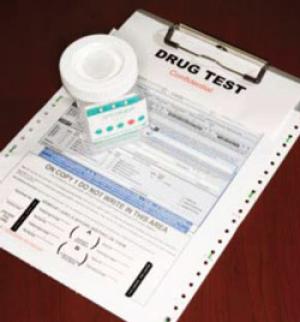A bill that would have required Hoosier State welfare recipients to undergo drug testing based on a "reasonable suspicion" of drug use was killed Friday after the state Senate refused to act on it. The bill had already passed the House, but died when Senate and House negotiators could not agree on what to do about payments to children whose parents had tested positive for drugs.

As with other states seeking to avoid constitutional challenges by using the "reasonable suspicion" standard instead of mandatory, suspicionless drug testing, Indiana legislators used an expansive definition of the term. "Reasonable suspicion" could be derived from having a prior drug conviction, the results of the drug screening inventory, or having failed a previous drug test.
While legislators in both houses agreed on the desirability of subjecting welfare recipients to drug testing, the differed on a provision allowing welfare benefits to be provided to a third party to ensure that children did lose their support. The Senate had approved an amendment to the House version of the bill providing for third party payments, but the final version of the bill crafted by House and Senate negotiators did not include that language, and the Senate then refused to give it a final vote.
The bill's goal was to help families with drug-using parents "and at the same time not punish the children," said Senate President Pro Tem David Long (R-Fort Wayne). "You can turn yourself into a pretzel trying to do the right thing. We didn't feel it was ready."
Public benefits drug testing bills remain alive in several states this year, including Alabama, North Carolina, and Texas.
This work by StoptheDrugWar.org is licensed under Creative Commons Attribution-ShareAlike 4.0 International
Comments
Welfare Drug
thanks for info
Add new comment